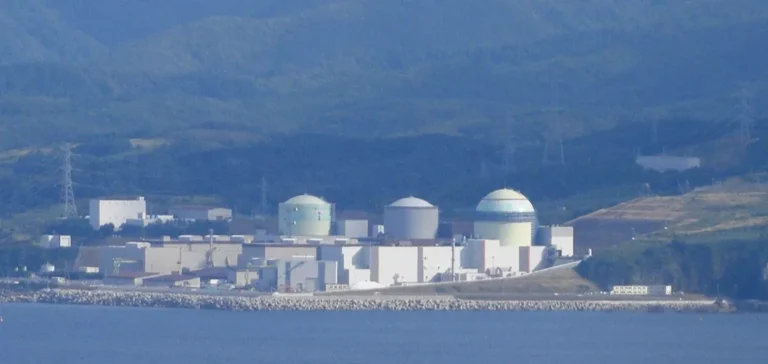Unit 3 of the Tomari nuclear power plant, operated by Hokkaido Electric Power Company, has received approval from Japan’s Nuclear Regulation Authority (NRA) for compliance with revised safety standards. This validation marks a decisive step toward resuming operations at Japan’s newest nuclear reactor, which has been offline since 2012.
Regulatory approval and restart schedule
The restart procedure requires operators to submit several applications to the Nuclear Regulation Authority, including requests for modifications to the installation, approval of the infrastructure strengthening plan, and a final inspection. Hokkaido Electric Power Company submitted its application for review in July 2013 to demonstrate that its safety measures met the new requirements introduced after the Fukushima Daiichi accident in 2011.
Following the release of a preliminary report in April and a period of public consultation, the NRA confirmed that Tomari 3 met the required safety standards. The operator is now authorised to implement technical modifications, including the installation of equipment aimed at enhancing the site’s protection.
Investments in safety infrastructure
Required measures include the construction of a new 19-metre-high anti-tsunami seawall, which is currently being built and is scheduled for completion in early 2027. The works also include reinforcing the seismic resistance system, with the nominal resistance increased from 550 to 693 gals. All three reactors at the site, two of 550 megawatts electric (MWe) and one of 912 MWe, have been offline for more than a decade.
Restarting the reactor remains subject to the consent of local authorities. In addition, a court decision issued in May 2022 by the Sapporo District Court, following a complaint by local residents, is currently blocking the operation of the site. This legal procedure is still under appeal before the Sapporo High Court.
Industry perspectives and reactions
Hokkaido Electric Power Company, through its President and CEO Susumu Saito, highlighted the importance of local understanding and acceptance to achieve an effective reactor restart. The company is also pursuing regulatory steps for the validation of Tomari units 1 and 2, which are still under review by the authorities.
The situation at the Tomari site illustrates the complexity of restarting nuclear power plants in Japan, where regulatory, technical and legal constraints remain prevalent more than a decade after much of the national fleet was taken offline.






















